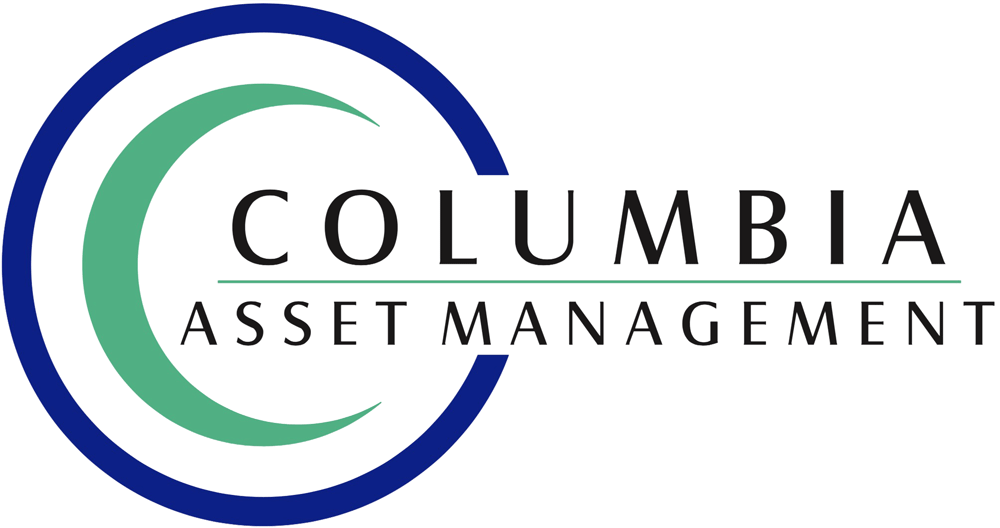 A Very, Very Narrow Market
A Very, Very Narrow Market
2023 to date has been the year of massive growth stocks such as Apple, Alphabet (Google), Amazon, Microsoft, Nvidia and Netflix. It shows in the various index performances: while the Dow Jones Industrial Average was up about 4% (before dividends), the S&P 500 was up 16% and the Nasdaq up 32%. Though the opposite basically was true last year (the Dow Jones held up a lot better than the S&P 500 and Nasdaq) this year’s gap between value and growth stocks is remarkable. Many believe, as do I, that in the second half of 2023, either value stocks will need to ‘catch up’ a bit to their growth peers and the markets will stay healthy or that growth stocks will likely fall and the market with them. But as always, no one truly knows beforehand.
Imperfection x 2: DJIA vs. S&P 500
Some say that the Dow Jones Industrial Average (DJIA) is passe and doesn’t really reflect the modern U.S. economy. The DJIA is over 100 years old and is comprised of 30 companies’ stocks selected to represent the broad American economy. Over the years, companies that seem to no longer be mainstream (such as U.S. Steel, GM and defunct Sears) have been replaced by more modern companies such as Home Depot, Nike and Apple.
The formula used to calculate the return of the DJIA is simple: factor the returns of the 30 stocks in the index and tally them. However, there’s a catch: the price of a share of each of the 30 stocks determines their weighting. Thus, if one of the thirty stocks in the DJIA is $100 and another is $25, then the former stock has four times as much impact on the DJIA return as the latter. It also means if, say, a DJIA stock splits two for one, then it immediately has half the influence it did the day before! This seems imperfect. Wouldn’t it be better if the return of the 30 stocks were simply averaged and not weighted by the price of the stock?!
The S&P 500, in contrast, is not 30 stocks but 500. On the surface, this index might seem to be more representative of the U.S. economy and the companies within. However, the S&P 500 is market weighted, so a company that is valued at, say, $1 trillion has ten times as much influence on the S&P 500’s return than a company valued at $100 million. Thus, the largest companies have an awkwardly large representation of the S&P’s return, which can skew the index return versus the typical stock in it.
Both indices are not perfect, yet both have their place but need to be understood for what they are and what they represent.
Less is More…Once Again
Perhaps surprisingly, a recent study by behavioral economists indicates that checking the value of your investment accounts less often creates better investment results, whether the market is on an upswing OR downswing. It’s not often in life you can get better results by doing less, but investing offers that possibility, yet too few follow this lead.
Human nature is such that many investors (often men) too frequently check investment returns and balances. This tends to lead to ‘over-thinking’ and reactions to short-term changes rather than taking a long-term, patient approach. By checking less often, you override that natural yet detrimental tendency to get lost in daily or weekly minutia. Patience allows your investments to prove their worth over time and not get derailed by our often-inaccurate observations based on very short-term information. The saying ‘A watched pot never boils’ is a common expression for a very good reason. At the end of one year, Warren Buffett, after reviewing his purchases and sales of stock during the year, determined that in the aggregate, his changes led to a lower return for Berkshire Hathaway. He wrote in his annual report to shareholders that they would have been better off if he’d taken the entire year off and done nothing! Now THAT is honesty, and self-awareness. Sometime indeed less is more.
Loving What You Do
In business, those companies which focus on profits above all else are compromised by that very premise and they ultimately, and ironically, don’t profit as much over time. Companies like Apple, Lululemon and Deckers Outdoor (Ugg Boots and Hoka shoes) make products people love. As long as these companies continue to make products that delight customers, they’ll likely continue to thrive. If they look at the bottom line first and foremost, they will falter.
On a recent trip to southeast France, I visited a couple of famous, long-established, legendary wine producers. When asked what made them so successful, the message was consistent: they remain humble about their role in the results of their vintages and that they must look at the horizon and not overreact to the here and now. They do not over-analyze data and instead lean on intuition and history first and foremost. Patience is critical and you must recognize there are some things you can control and some you cannot (weather, timing, environment, etc). If you accept this reality and remain flexible, you have a better chance to be truly successful.
The philosophies and approaches by these top-level wine producers echo those of the investment study! Certain basic truths are universally applicable. Warren Buffett would approve.
For investors, patience, looking at the horizon (long-term), and being humble are important traits. Recognizing what you can control and what you cannot, and having a strategy that accepts that, is crucial.
Taxes Spent Well
I believe it’s important to pay your fair share of taxes and not complain. Some people want to game the system and figure others will somehow pick up their share of taxes not paid. One ‘reason’ these selfish Americans rationalize not paying is that taxes are wasted by the government(s).
Well, on a recent trip to New York City I arrived and departed from LaGuardia airport. Some of their new terminals are now open and the difference between the ‘before’ and ‘after is nothing short of amazing. The spaces are welcoming and airy, with amenities and design clearly put together with the flying public in mind. If taxpayers saw such an obvious improvement with their tax dollars overall, they would likely be a lot less grumpy about paying their fair share.
Brian Weisman, CFA,CPA,CFP,CMA
(734) 665-1454

 Who Turned On/Off the Lights?!
Who Turned On/Off the Lights?!